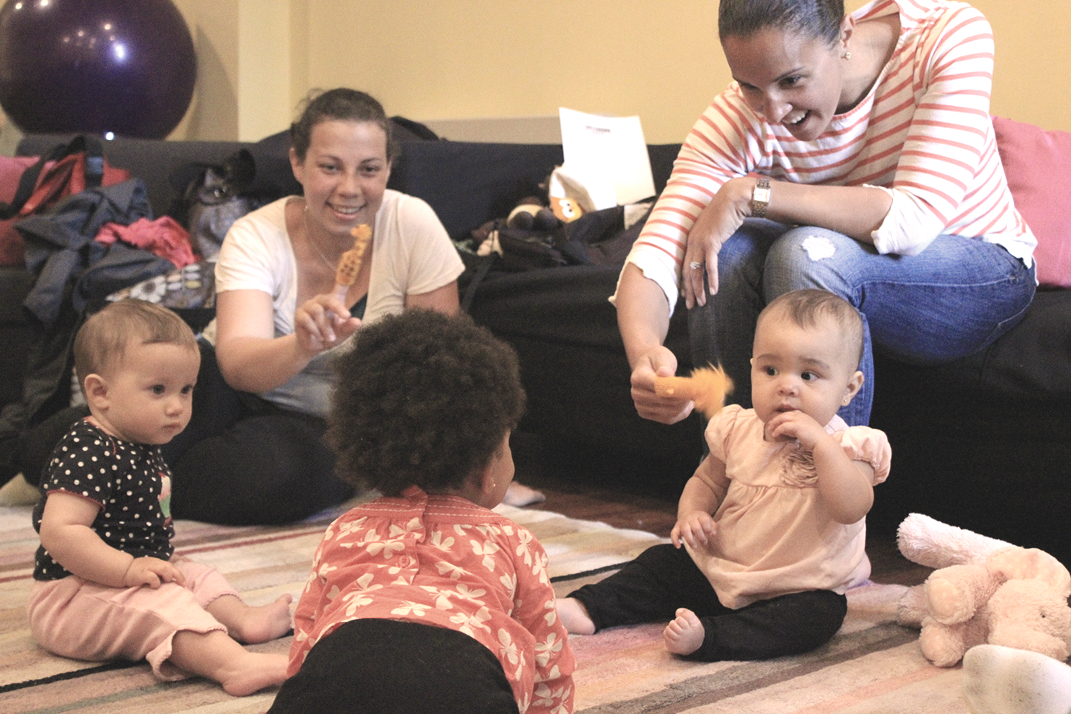|
Playing comes naturally to young children. Not only is it a skill that they are inherently born with, it is also the primary way in which they learn. Through playing with movement, objects, and other people, babies, toddlers, and preschoolers learn about social roles and interactions, how the world works, and, most importantly, they learn how to learn. Play is our first platform for problem solving, trial and error, critical thinking, and experimentation. It is no wonder that play-based learning is a prevalent trend in early childhood education, as can be seen by the rise in Montessori, Reggio Emilia, and arts-integrated preschool programs. So, if play is a natural and instinctual process, why sign up for play-based schools or creative play classes? What benefits are there in playing in a more structured setting? At Spellbound Theatre, we believe there are several great reasons for playing in a group setting, and they are closely related to our practice as artists.
At Spellbound we play through the arts - dance and song and storytelling and puppets and circus. The link between art and play is something we infuse into all of our education and performance programs, and something we hope to pass on to the children and adults who participate in our activities. Whether you come to one of our plays, attend a storytime, or join one of our creative play classes, we hope to share our love of artful play with you and your child, and inspire you to find ways to play in new and creative ways! Spellbound Theatre's Creative Play classes run in 8-week sessions and explore stories, dance, songs, movement, and puppets through play-based activities for babies, toddlers, and preschoolers. Fall classes start September 23rd. To learn more, visit http://spellboundtheatre.com/classes.
1 Comment
|
Authors
Lauren Jost, Director Archives
December 2017
Categories |
info@spellboundtheatre.com


 RSS Feed
RSS Feed